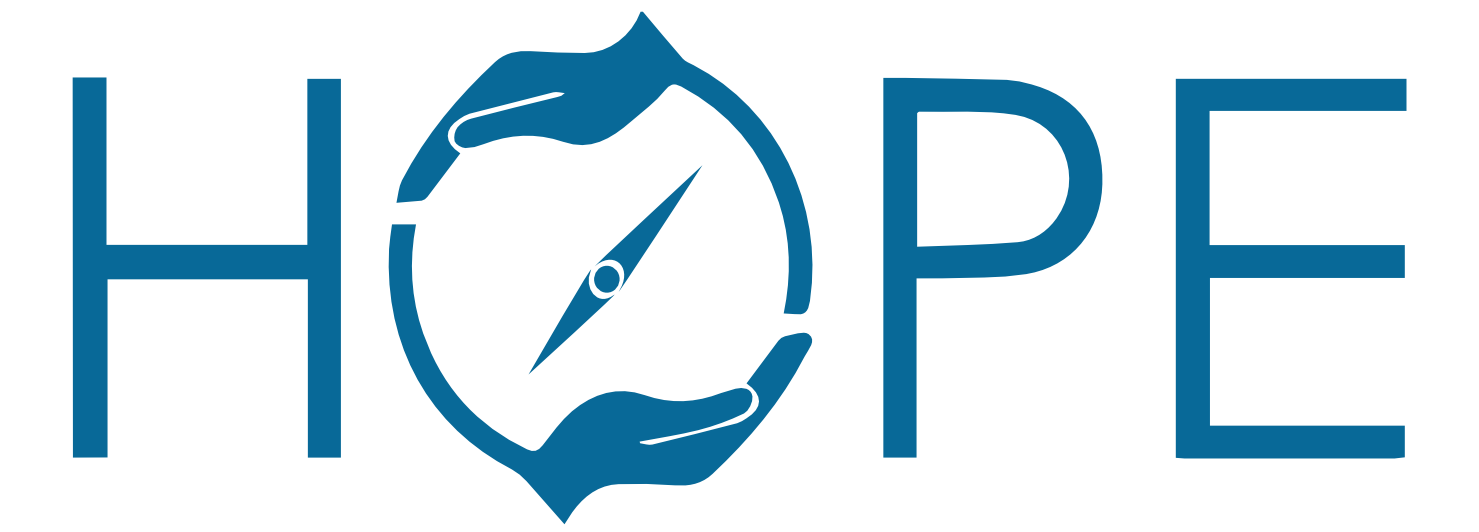What Is a Recovery Coach? Learn How They Can Support Your Recovery
About 75% of people who struggle with addiction end up recovering and going on to live full lives. This is excellent news for anyone on their recovery journey (or who’s getting ready to start it), but it still seems daunting. A recovery coach can help.
But what is a recovery coach? What do they offer their clients, and how do they help? Let’s talk about it.
Read on to learn about the supportive recovery methods that a coach can offer to make recovery easier and more sustainable.
Goal-Setting
One primary role of a recovery coach is helping individuals set and achieve realistic short-term and long-term goals. Goal-setting can help people in recovery get back on track and give them something tangible to look forward to and work toward.
A recovery coach can pick realistic goals and guide their client toward them in a sustainable way.
Personalized Support
Part of addiction recovery coaching is providing one-on-one support that’s tailored to the client’s unique needs and circumstances. While group support is important, this one-on-one help can be more direct and helpful.
This includes answering any questions, providing emotional support, and more.
Resource Connection
Connecting individuals with relevant resources, such as therapy, support groups, and community services, is an essential role of a recovery coach.
It can be difficult for someone in recovery to reach out and find those resources on their own. One of the recovery coaching benefits is that coaches are already connected with a network of other mental health professionals.
Life Skills Development
Teaching essential life skills, like time management, boundary setting, and self-care, is an important job for recovery coaches. Many people forget that these skills don’t always come naturally for everyone. Even if someone did have those life skills, they may have eroded during their addiction.
A recovery coach helps their clients get back on track with those essential skills.
Accountability
Accountability is essential for anyone going through addiction recovery. A recovery coach will schedule regular check-ins and offer encouragement to help their clients stay on track with recovery goals.
Friends and support groups are also helpful for accountability, but it’s nice to have at least one person for one-on-one support.
Celebrating Progress
Acknowledging and celebrating milestones and achievements in the recovery journey is so important. Any step forward is progress. A good recovery coach will note that progress and continue to encourage their clients to further improve.
Without celebrating these “small” milestones, it’s harder to keep going. A coach reminds clients of their successes.
What Is a Recovery Coach? A Huge Help
So what is a recovery coach? It’s someone who will help you with accountability, personalized support, and so much more. Recovery coaches make recovery easier and they keep their clients on track. They’re an essential resource during the difficult recovery process.
Are you ready to start your recovery journey? At HOPE Guides, we offer compassionate recovery coaching to help all of our clients get where they need to be. We’d love to meet you.
Reach out today to schedule a session.



